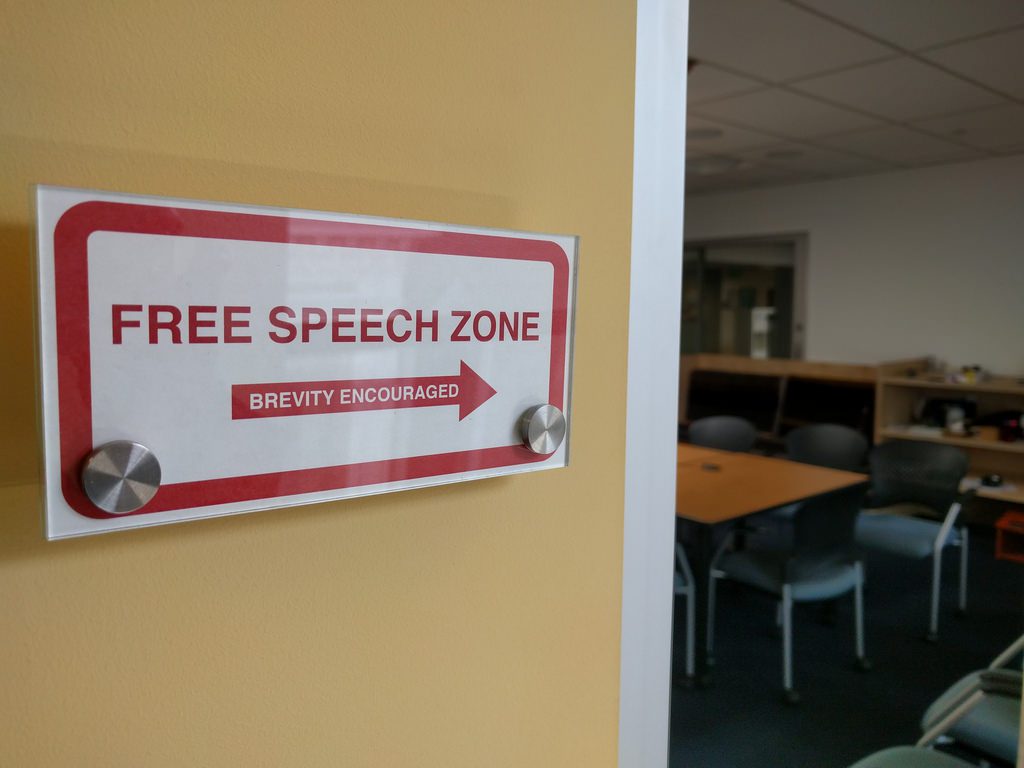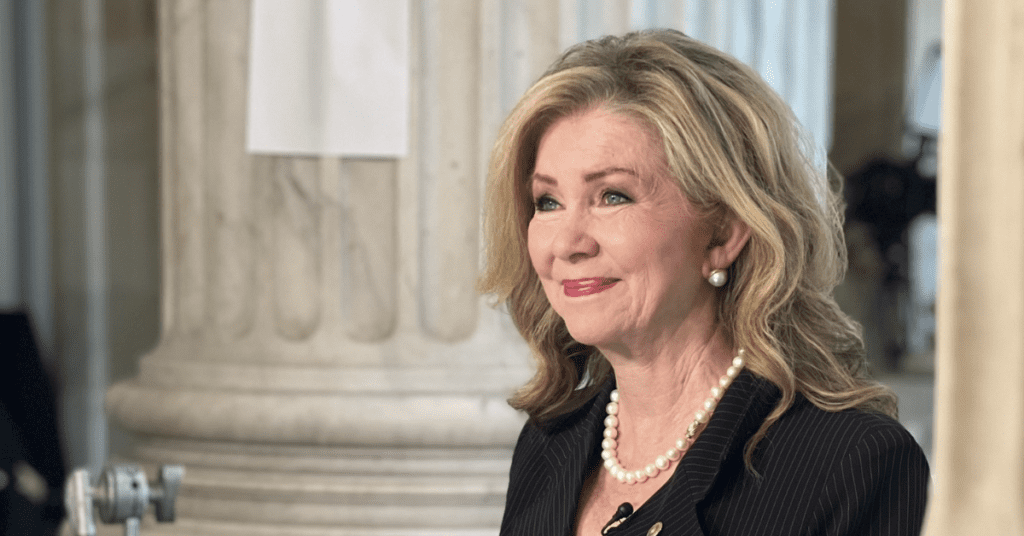
There is an enormous amount of administrators on college campuses now, many of whom, most of whom, they’re not trained historians, they don’t come from a background of academic freedom, they come from a background of being trained in administration, their job is to damp down problems. They have no sense of the mission of a university. There’s a huge problem, there are many schools where administration has grown faster than faculty.Additionally, Carter went on to talk about how the development of technology and social media over the past several years has helped “ramp up emotions” and shift the focus away from academic freedom which Carter describes as important to a healthy environment at higher educational institutions. “The notion that we’re going to start taking ideas off the table because we don’t like them is enormously dangerous and threatens the enterprise,” Carter said. Pundit Kirsten Powers was also on the panel, and agreed with Carter that the growing threat against free speech on college campuses has become a serious problem. “They’re learning that they have a right to protect themselves from speech,” Powers remarked. “And it’s up to professors to teach them that the way you respond when offended is to argue and make your case.” Michael S. Roth, the president of Wesleyan University, pushed back against Carter and Powers, saying that it’s “crazy” to think that social change occurs through civil discussion. While Carter admitted that it is sometimes necessary to “take to the streets” to achieve your goals, he pointed out that it’s not always the case on college campuses. “I think on a university campus, the way that you teach, the way that you learn, the way that you progress, is through conversation,” he said. “When we say the cure for speech is more speech, it’s not a slogan, it’s not a way of escaping hard issues, it’s a way of embracing hard issues, it’s a way of saying, if this is really so terrible, that’s exactly the reason to talk about it,” Carter concluded.



